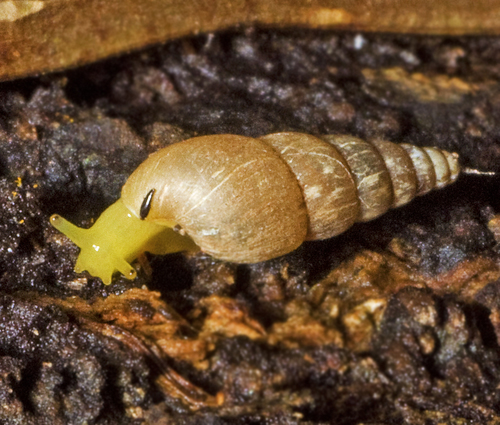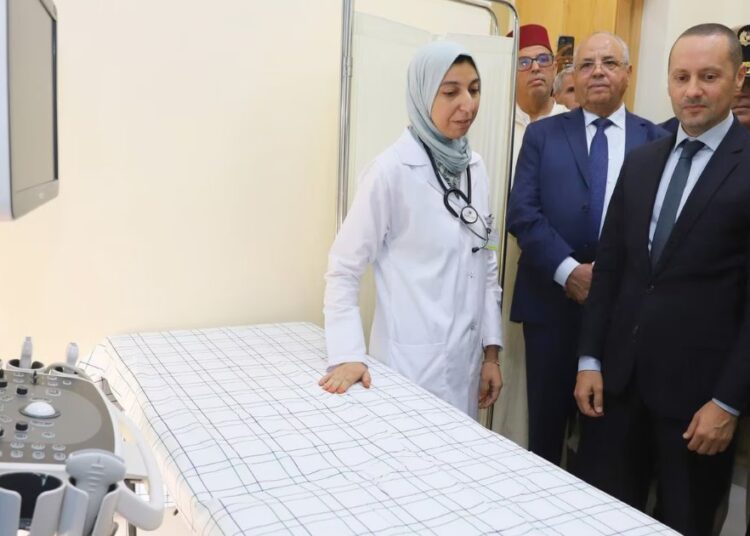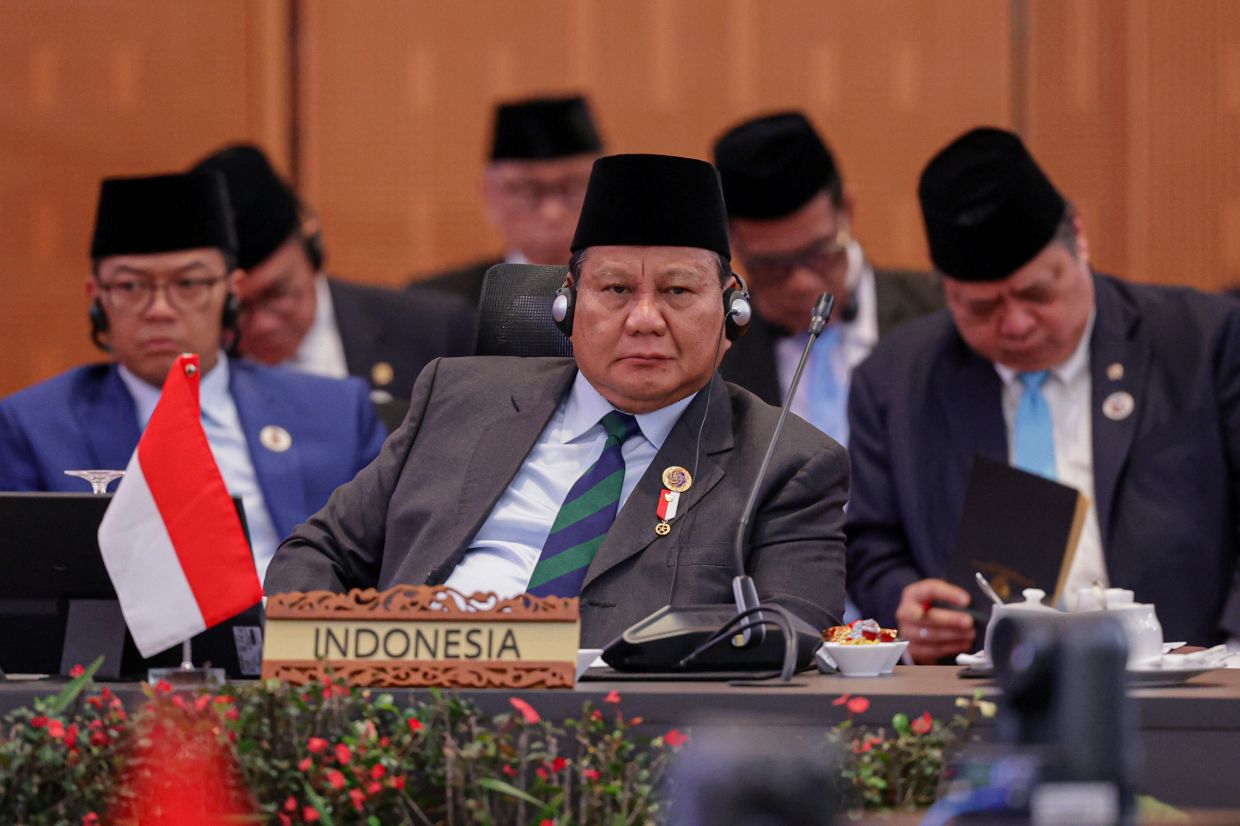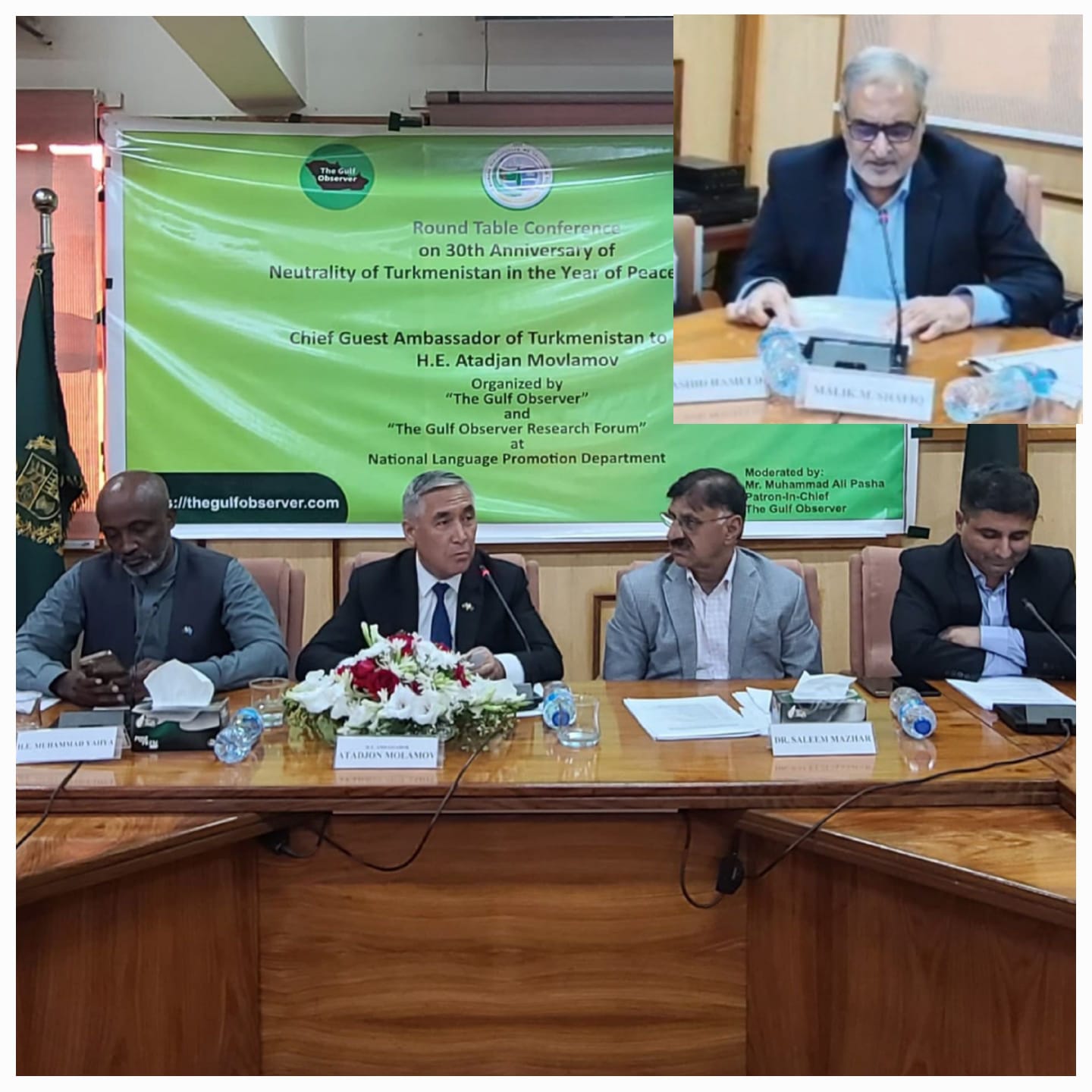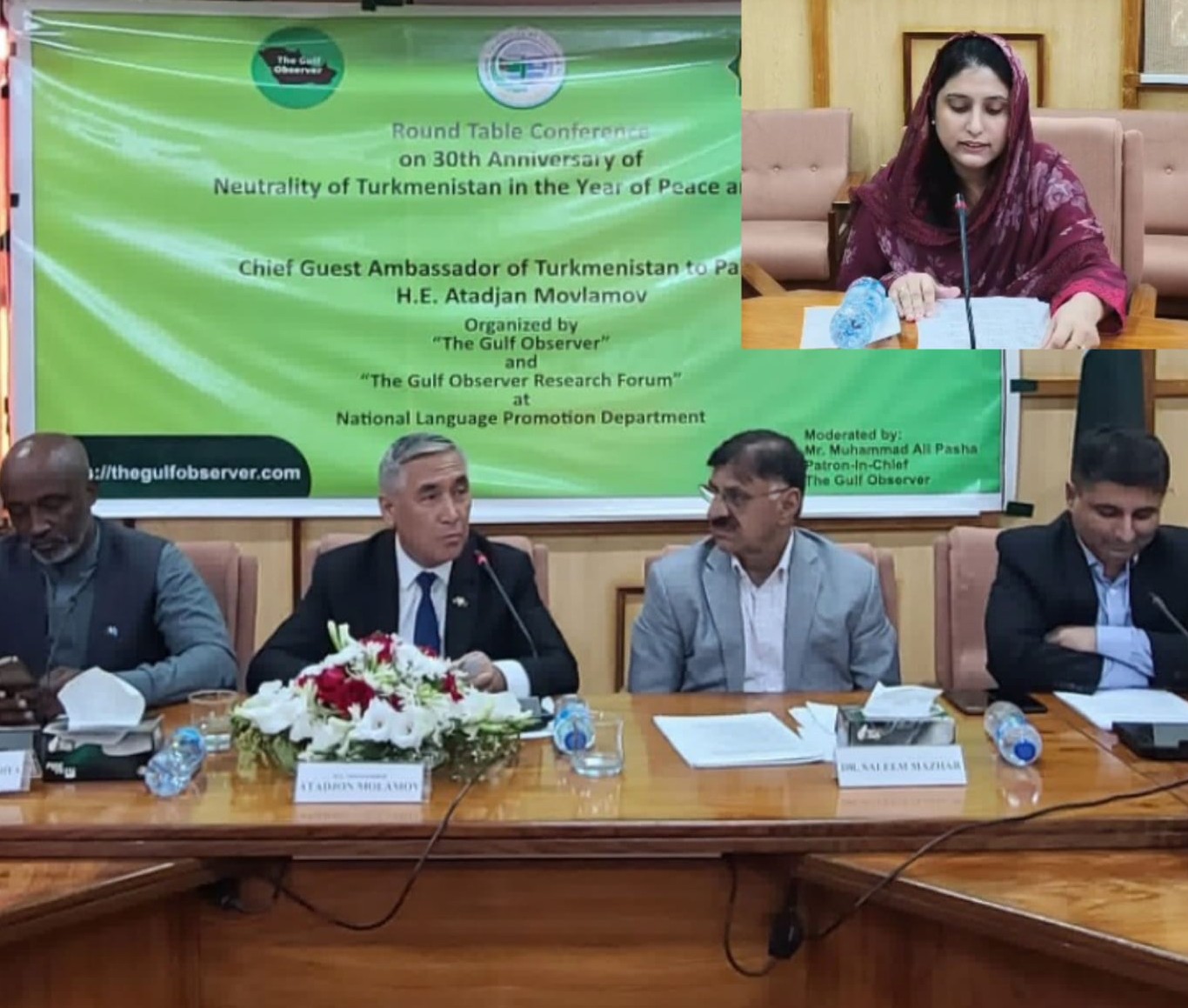Jakarta, October 07, 2024 – The Europe Today: Researchers at Indonesia’s National Research and Innovation Agency (BRIN) have identified five species of land snails that show significant potential for use in herbal medicine, according to a statement released on Sunday. The snails, which include Lissachatina fulica, Amphidromus palaceus, Dyakia rumphii, Pomacea canaliculata, and Filopaludina javanica, have been used traditionally to treat a variety of ailments.
Ayu Savitri Nurinsiyah, a researcher at BRIN’s Center for Biosystematics and Evolution Research, explained that these species have long been part of traditional medicine in several regions of Indonesia. “These five species of snails have been used in traditional medicine to treat physical wounds, asthma, and several other diseases,” Nurinsiyah noted.
Despite the decline in the use of snails for medicinal purposes in modern times, the research underscores their potential as ingredients in the development of contemporary medicines. “The practice of using land snails for treatment is becoming less common, but it still persists in certain communities,” Nurinsiyah added.
Indonesia is home to a vast variety of snail species, with over 5,000 of the world’s 126,316 validated species found in the archipelago. Of these, 1,294 are land snails, 595 of which are endemic to the country. Nurinsiyah highlighted the particular richness of snail biodiversity on Java Island, which hosts 263 species, 104 of which are found nowhere else.
“This diversity is evident not only in the number of species but also in their morphological characteristics, habitats, and ecological behavior,” she said, noting that snails inhabit a range of environments, from dry, rocky terrain to humid areas near rivers and waterfalls.
Land snails have applications in a variety of fields, including culinary, medicinal, and cosmetic industries. In some parts of the world, snails are a valued food source, while their mucus has been recognized for its antibacterial properties and its use in treating skin conditions and promoting tissue regeneration.
“BRIN remains committed to ongoing research and conservation efforts to preserve Indonesia’s snail diversity and ensure its sustainable use for the benefit of society and the environment,” Nurinsiyah concluded.
